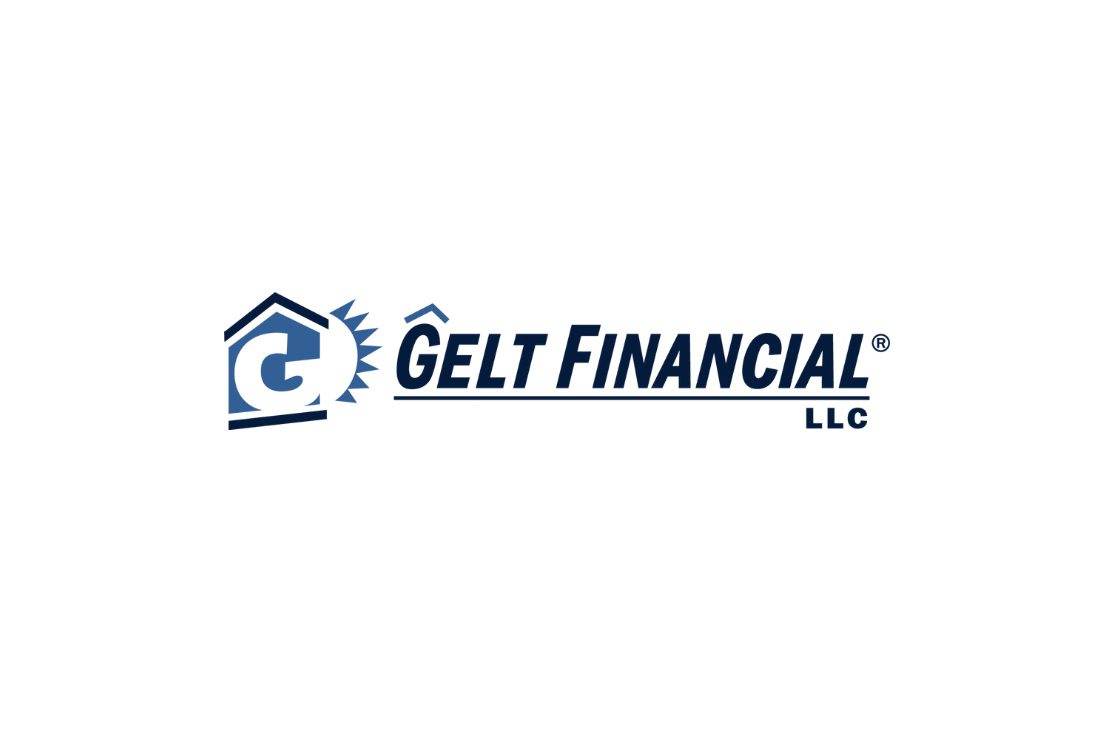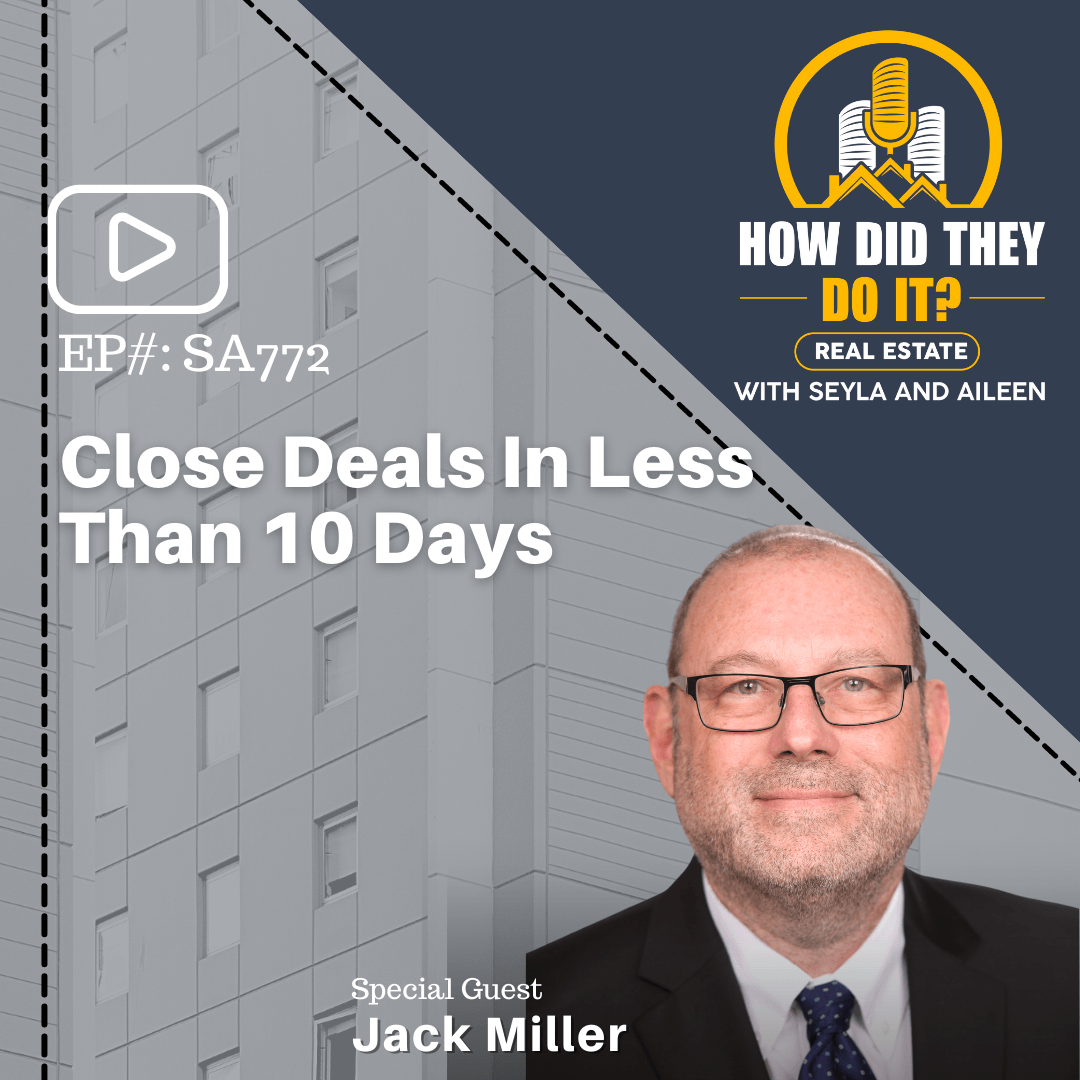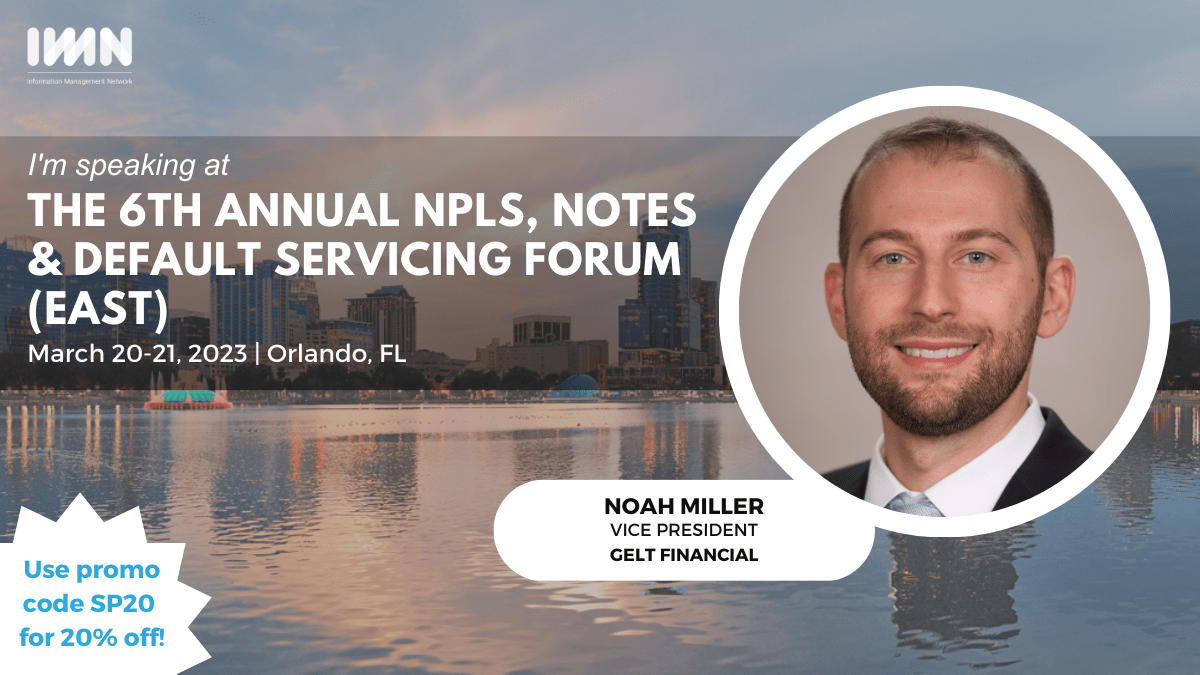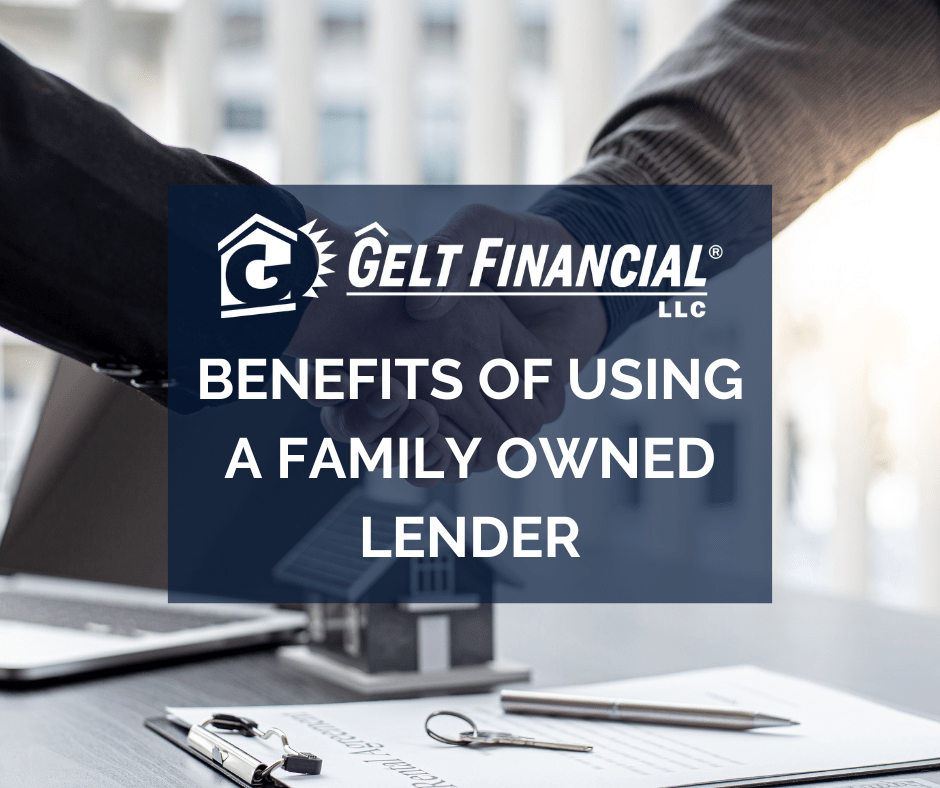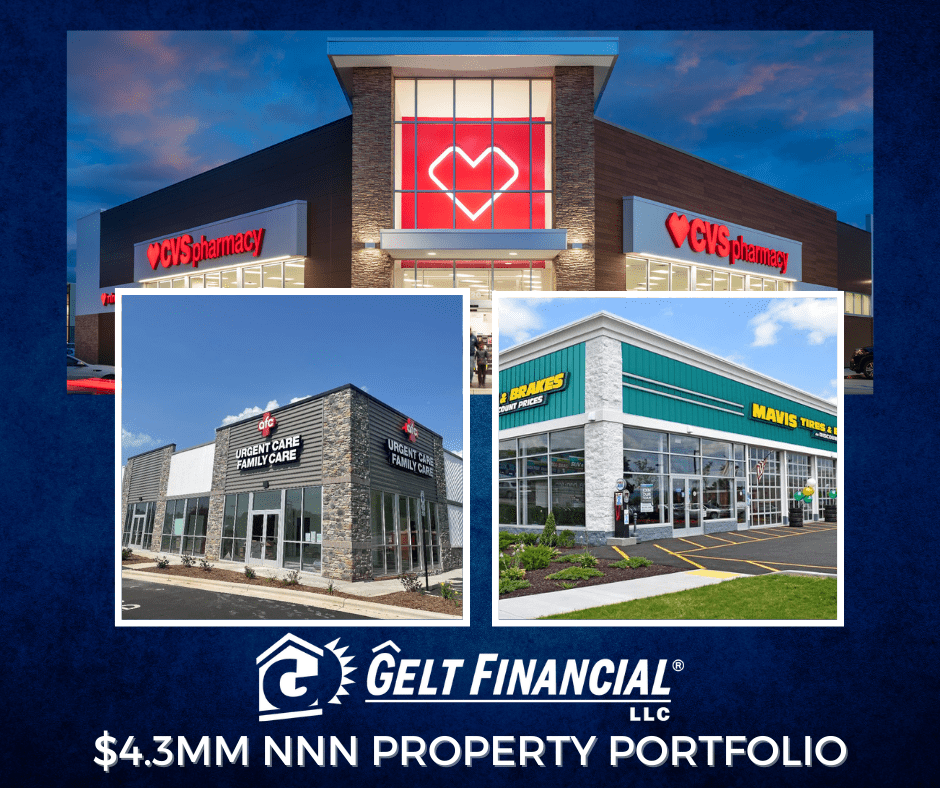Jack and Marcy talk about some of the differences between being a residential and commercial mortgage brokers.
“Marcy: Hi, it’s Jack and Marcy. What are we going to talk about today?
Jack: This is, well, this is a request. I think it’s a great request. Someone posted the other day if we could make a video on what’s the difference between a residential broker and a commercial broker. I thought that was a fantastic, I forget the person’s name who did it, and I apologize, but that was a great request.
Marcy: It’s actually a great question, a good thing to discuss because there are several differences. What’s the first one that comes to your mind, Jack?
Jack: Well, I actually made a list. So the big thing is licensing—residential, to my knowledge, you need a license everywhere to do a loan.
Marcy: You have to be a licensed mortgage broker, whichever state you’re in, in residential to do a loan. You are correct. But commercial, that’s not the case.
Jack: Commercial, we, again, we’re not experts, we’re not lawyers, we know nothing, assuming know nothing, don’t sue us, we know nothing. But in the commercial world, I think there’s about 42 states that we believe you don’t need a license in. So that’s a big thing. Now, it’s a big thing, I think, in two areas. One is, let’s say a guy is licensed in Pennsylvania to do residential, right? He can’t do deals in Florida; he needs a separate license. So it’s a big thing in the fact that you don’t need to be licensed; you don’t have to go through the rigmarole. Plus, you can do things on an almost national level.
Marcy: Right, which for commercial, because you do not need to be licensed in like approximately 42 states, and again, we’re not an expert in that, but we’re going to just throw that number out there. You can do deals in all those different states; you don’t have to have a license.
Jack: And you can advertise on the internet. If you put up a website, if you’re doing residential and let’s say you’re in New Jersey or Tennessee, wherever you are, you put up a website, you know, it doesn’t help you all over the place. When you’re in commercial, just gives you a much broader.
Marcy: Right, you have so many ways of making a deal.
Jack: So licensing is a big thing. The next thing, again, I know ordering points that I wrote down is residential is usually matrix-driven. Usually, it tells you—
Marcy: Well, it’s broken down like whatever the rate is, how many points you’re making, and you know, then you can get to—
Jack: And it goes by FICO scores.
Marcy: Absolutely, and then there are ratios, there are guidelines, so many more guidelines.
Jack: Everything’s sort of predefined based on a matrix. In the commercial world, it’s really risk-reward. There’s no real matrix. Some companies have matrix; I know they do. But really, to be candid with you, they’re mostly for sales, and an underwriter will blow through them. The commercial space, it’s much more of a negotiated item. Now, you could bring us the same deal, and if the loan amount is a hundred thousand or a million, we’re going to price the difference, right? And we’re going to price if you bring us the same property but the borrower one has real good credit, one doesn’t have good credit, it’s going to be priced differently. So, it’s not—it’s really.
Marcy: It’s not, we’re not credit-driven, but we do look at credit to decide what kind of rate the higher the risk the higher rate you’re going to get. So, you know, when we strictly look at commercial, lenders look at the collateral.
Jack: That’s another one, didn’t make my list, but I’m glad you brought it up. At Gelt Financial, we are collateral-based. So residential, I believe they put 95%, 98% of the focus on the individuals, and the property gets 2% or 3%. In the commercial world, at least in our space at Gelt Financial, check us out at geltfinancial.com. Oh, by the way, like the YouTube, leave comments, questions, and ideas. But in the commercial world, we put 90%, 95% of the decision based on the property and not the individual.
Marcy: Because we look at the property. I mean, on residential, you’re going to look at the borrower to see what kind of jobs they have, what kind of income, how long with their jobs. They’re going to look at all that, and they’re going to evaluate whether that borrower can afford to buy that house. Okay, but in commercial, we’re going to look at the property to see if the property can make the payment to the commercial lender. So, we look at the property if that property is going to make enough money to make our payment.
Jack: Big difference, one you’re looking at the individual, the other one you’re looking at the property. Okay, but specialization, you know, in the residential field, you’re right, you can specialize in FHA or non-QLM.
Marcy: Certain developments that you want to specialize in, you know, if you’re doing single-family homes or construction or condo.
Jack: But it’s still ultimately residential.
Marcy: It’s all residential. Someone lives there.
Jack: In the commercial world, we work with mortgage brokers who specialize in a product, like they specialize in hotels or gas stations or mobile home parks.
Marcy: Mixed-used properties, self-storage, strips shopping centers, apartment complexes, hotels, you know, so there’s so many different types of properties that you can specialize in.
Jack: By the way, both of us came from a residential background as well as I think just about everyone in the office came from a residential background. Just as a sidebar, you brought up something that I didn’t even think about, but I think it’s worth talking about. That you think commercial deals are less work for a broker.
Marcy: For a broker, they are. For a residential, it’s so as a mortgage broker residential, you’re doing so much work because you are gathering so much paperwork and documentation with the borrower, taking them through the whole process. We are on commercial; you basically bring the deal to the lender, and the lender does all the work and gathers all the documents from the borrower and basically takes the loan to closing, and then the broker gets their commission check at settlement. So it’s completely different, you know, it’s a much cleaner process as commercial and through us because we do everything.
Jack: We do all the work. Yeah, you know what else? It’s interesting, I didn’t think about it just till now, but I added it in the residential world. It’s basically almost all the loans are being sold to the agencies, Fannie, Freddie, or FHA or VA.
Marcy: Yeah, they’re not, they’re not direct lenders. They’re lending you the money, and then your loan is being sold.
Jack: And it’s a commodity. So if you’re a loan officer, really, you’re competing with everyone else over an eighth of a point, a quarter of a point at such thin margins. What sets you apart from their competitors, and it’s very difficult to come up with that, you know.
Marcy: I guess, you know, the only thing that comes to my mind is service.
Jack: Service, but everyone says they have good services. “Oh, my server sucks,” everyone says my service is great. But when you’re residential starting out, you have to make, it takes a long time to make inroads to realtors and referral bases. And in the commercial world, we’re not really a commodity, and it’s not as much tightly priced. And that you’re not fighting over an eighth of a percent or a quarter percent on our deals. It’s more, can we do the deal or can’t we do the deal or how do we structure it?
Marcy: It’s actually a fast move. Like, we’re either in on the deal or we’re out. I mean, there’s not any discussion over it one way or another. You know, it’s decided right away. And then with residential, you know, most of the time, all the time, you have to wait for an appraisal. You have to, like, wait for sure they qualify. There’s like a whole process, and there’s definitely a percentage of those deals that don’t go forward for one reason or another. But with commercial, you know your product upfront because you know the property.
Jack: Yup, 100%. What else do we miss? What other differences are there? What are other differences? Well, in commercial, let me back up. You get to work with us. Yes, you get to work with Gelt.
Marcy: And what I found so astonishing about being in the commercial industry, I love looking at properties all over the United States. You know, it’s kind of interesting because every single state is like its own little country, and just looking at different real estate and different ways towns are, you know, developed and the looks of everything. It’s very interesting. It really is.
Jack: I agree. I think commercial’s more interesting. Yeah, I think we did a decent job of laying out the difference between commercial and residential. I’m sure there’s more you can tell us.
Marcy: And we’ll, you know, full disclosure and that everything we always say is completely 100% accurate, but we try our best.
Jack: That’s correct. We’re weighing a lot of this stuff. Yeah, having said that, I got to give it a little shameless plug on Yelp. I already said, like our YouTube, like the channel, click the bell or the button. You’ll be notified when we post more. Leave comments, questions, forward whatever. We read them, and we’ll answer them. But Gelt Financial is a direct portfolio lender. When we close a loan, we keep it in our books. Yeah, so you’re going to stay with us. You’re always going to speak with a decision-maker. We’ve been closing deals, commercial deals. We closed the deal last week. It closed on the four business days, but we could close it on three. The package was there on three business days, very quick closings. No, most of the time, no appraisals. We focus on property more than the individual. We look at the individual, of course, but we’re focused on the property, doing all kinds of weird deals, rush closings. Most of what we do, frankly, are they get to the closing, or they get to a week before closing with a bank or with another lender who says they’re a lender and says they’re not a broker. They drop the ball or they come back and say, “Oh, they baited and switched them.” “Oh, you were 30 days later on a Sears bill in 1922, so now the rate is, you know, we promised you seven percent, but now it’s whatever.” Why else? Yeah, a lot of mixed-use properties, foreclosure buyouts, bankruptcies, just deals that need to close quickly.
Marcy: I mean, bottom line is if you’re out there, mortgage brokers, commercial, and you have a deal that fell out at another lender, those are the deals that we really excel in.
Jack: Okay, check us out at Gelt Financial, geltfinancial.com. And anything else? That’s it. Have a most important, have a fantastic day. Take care.”
Category: Education






